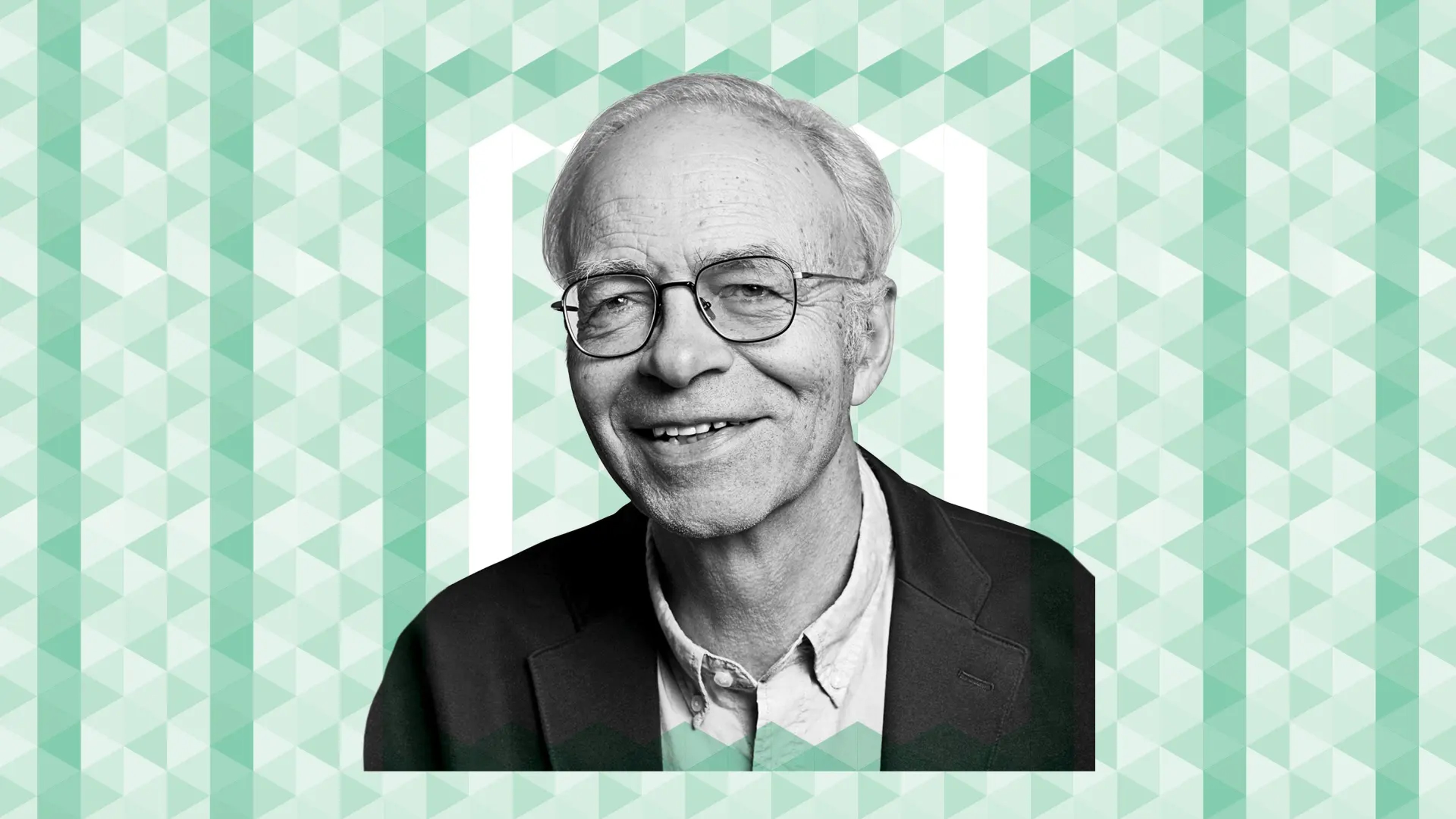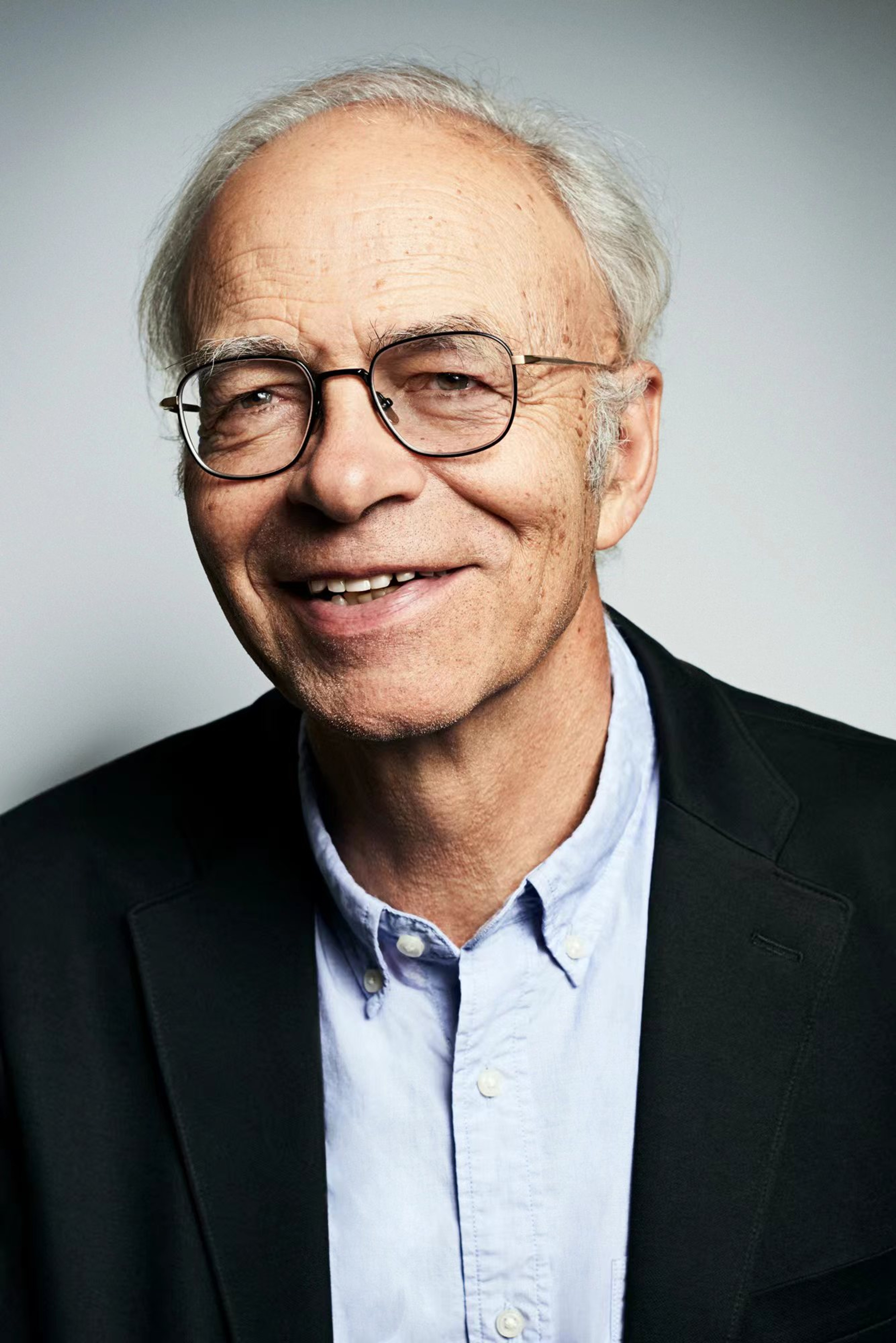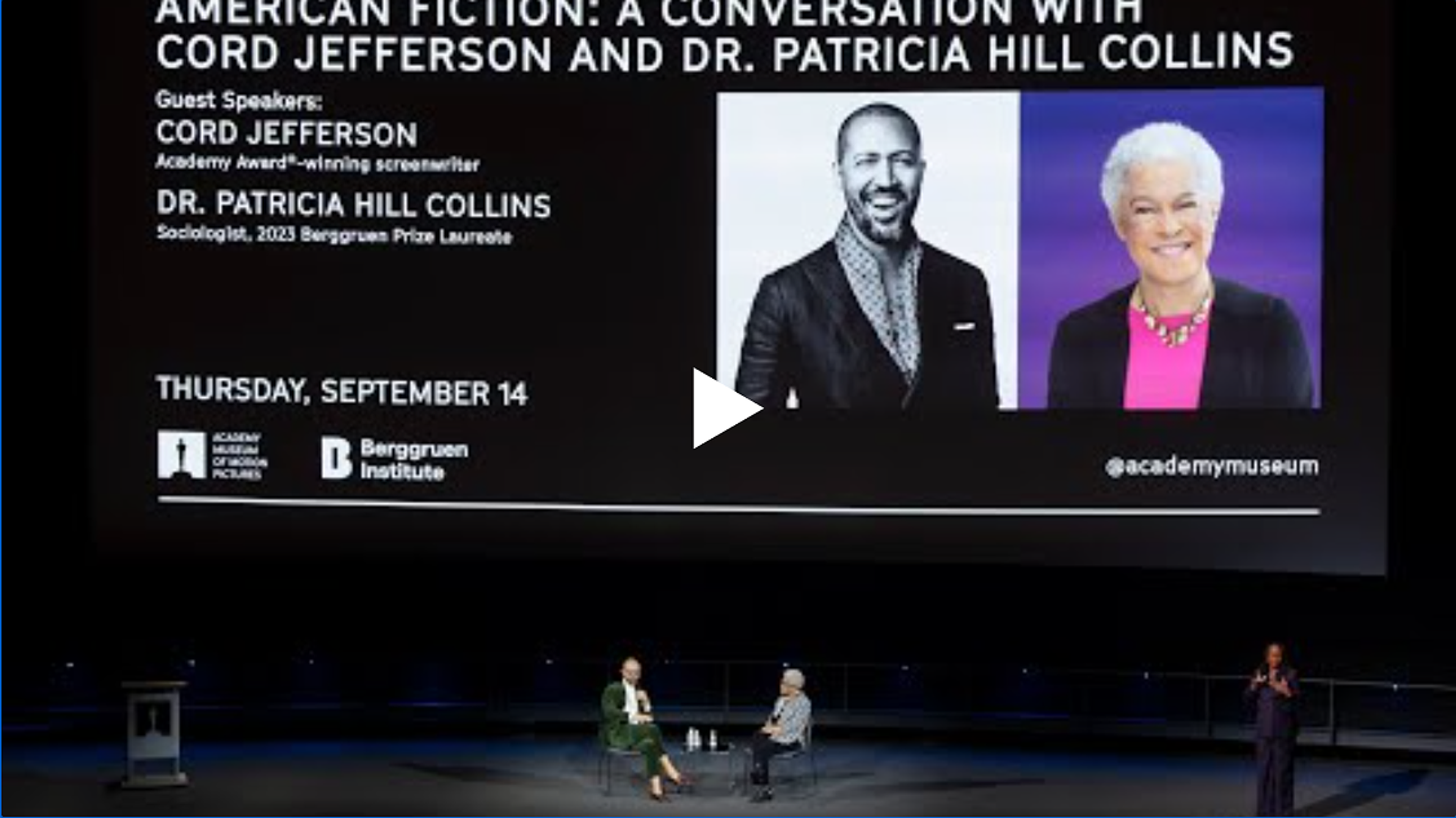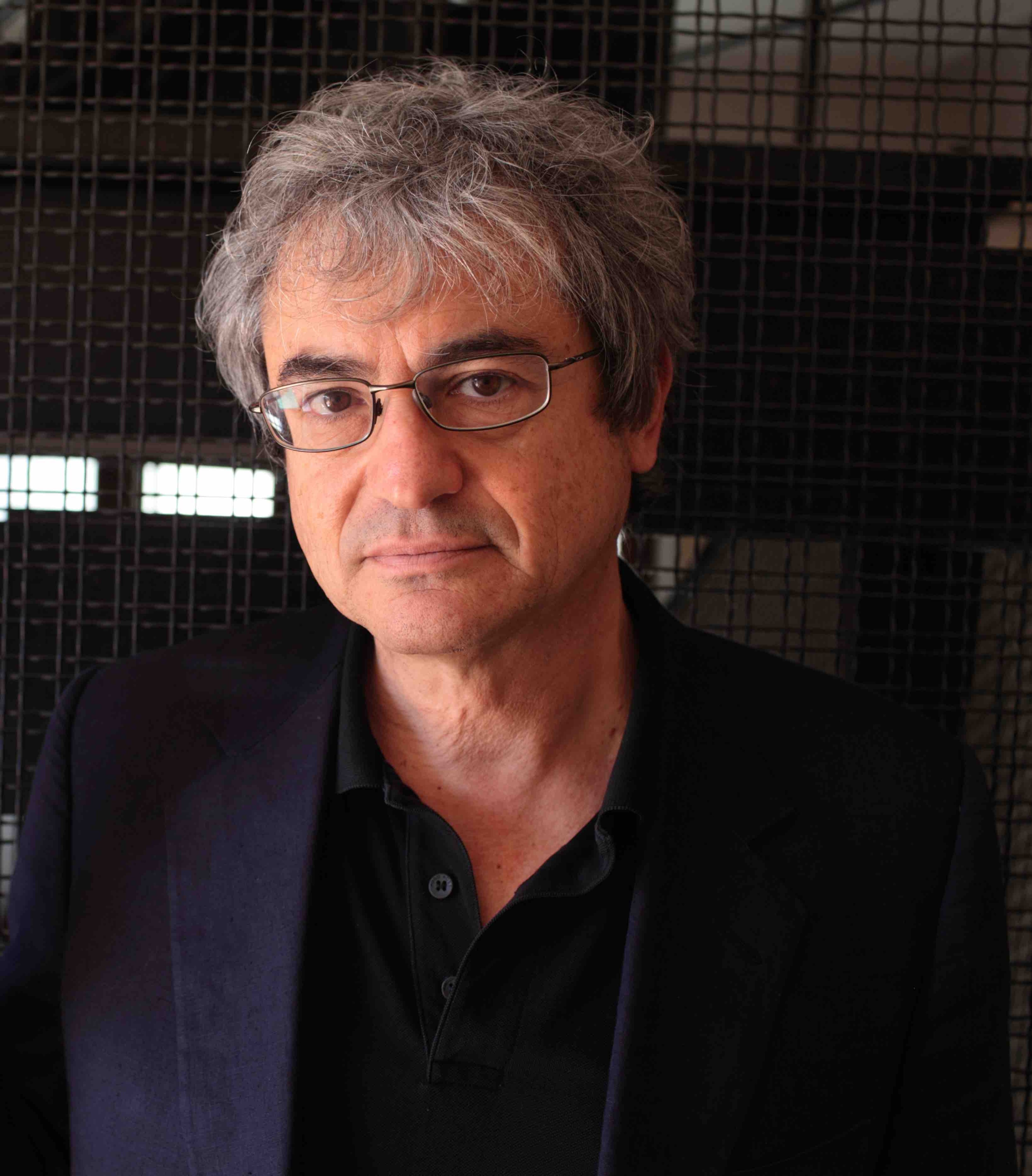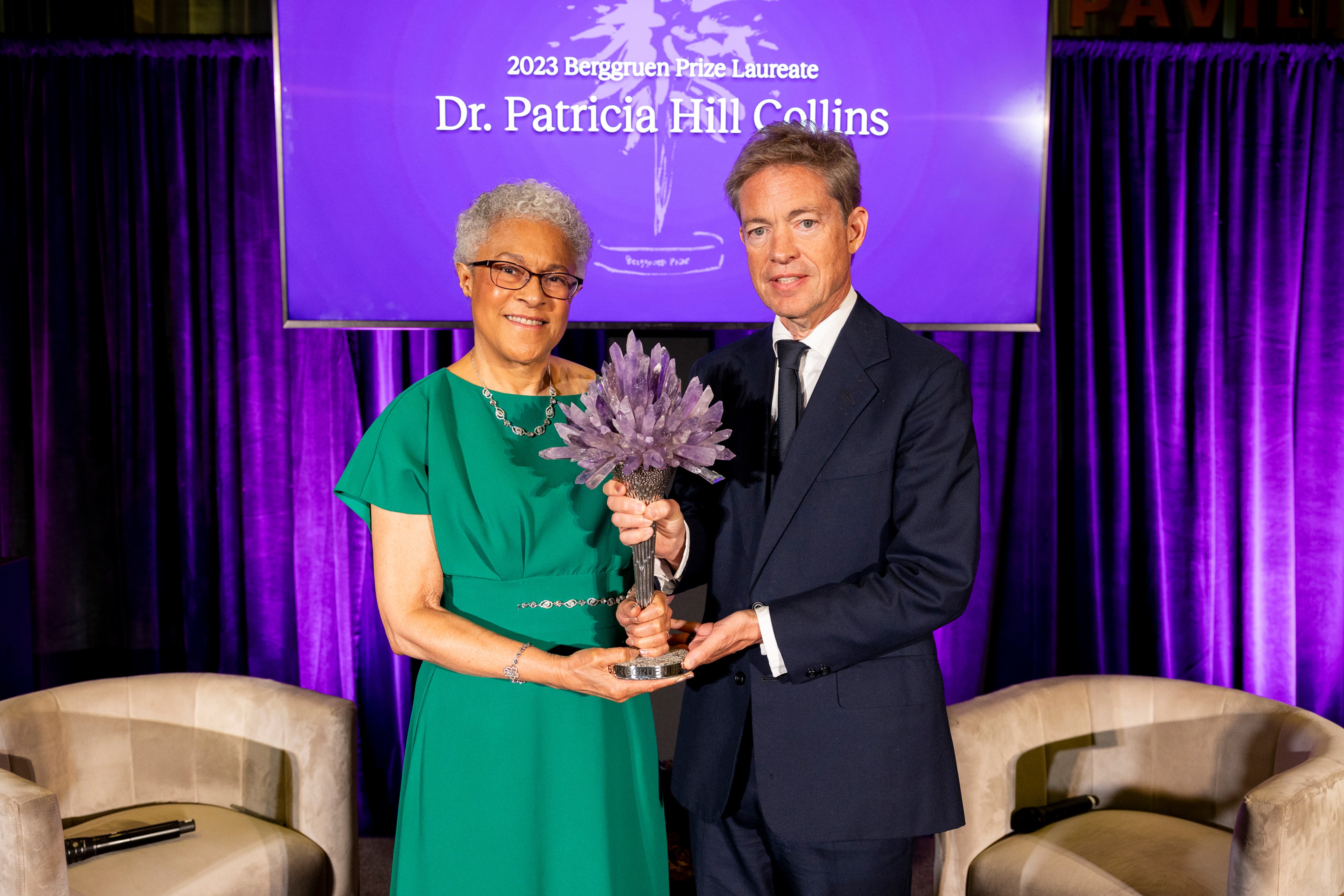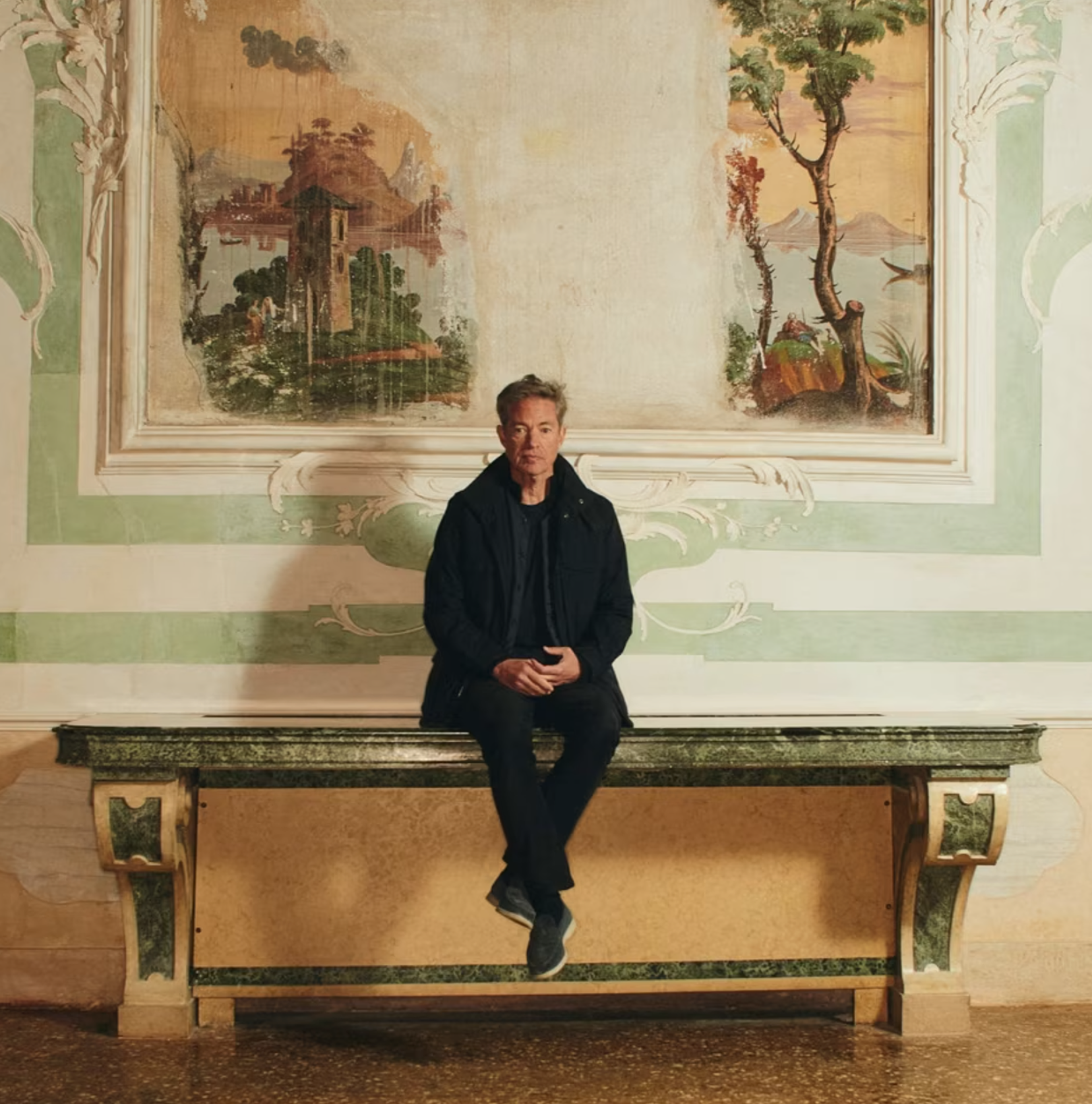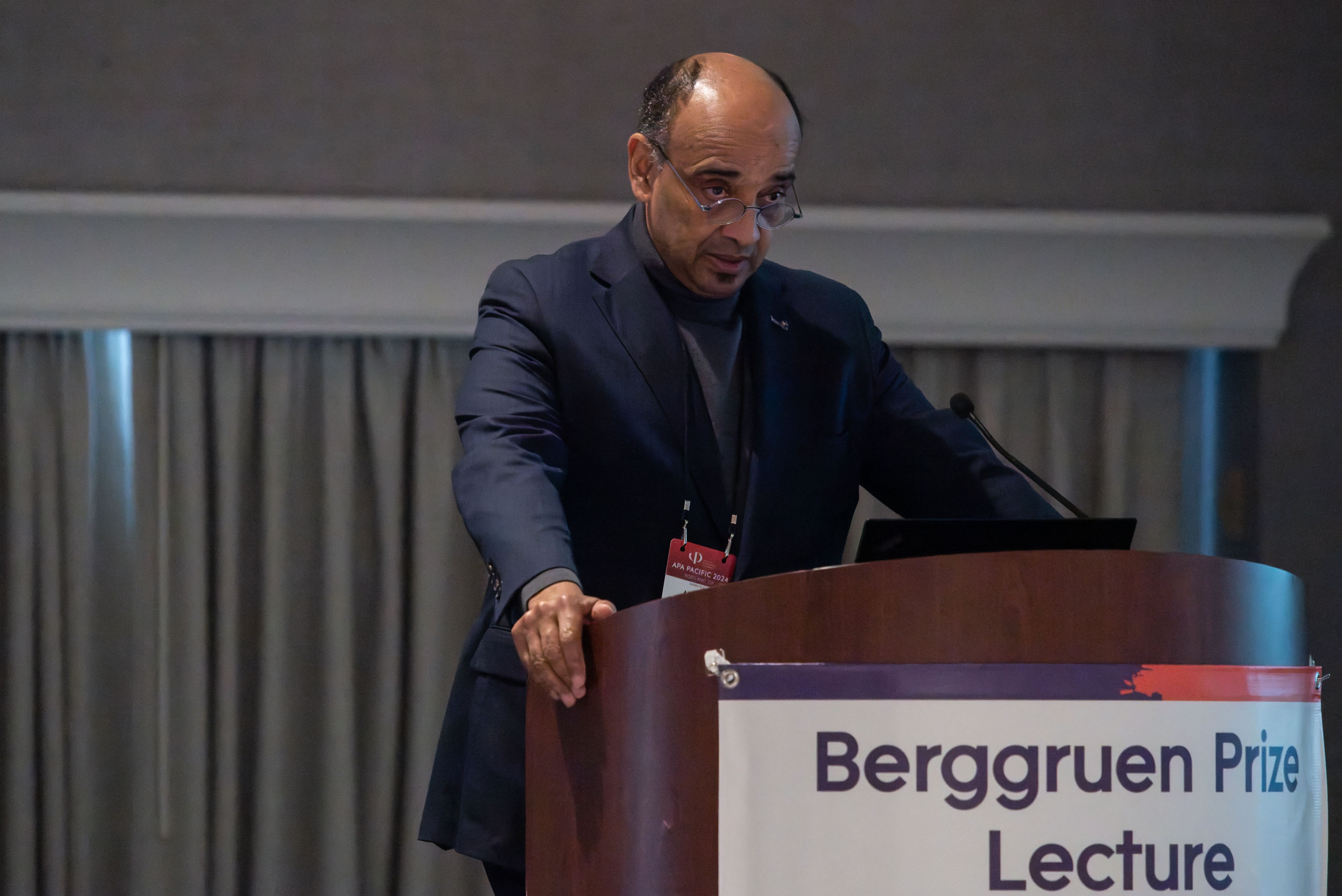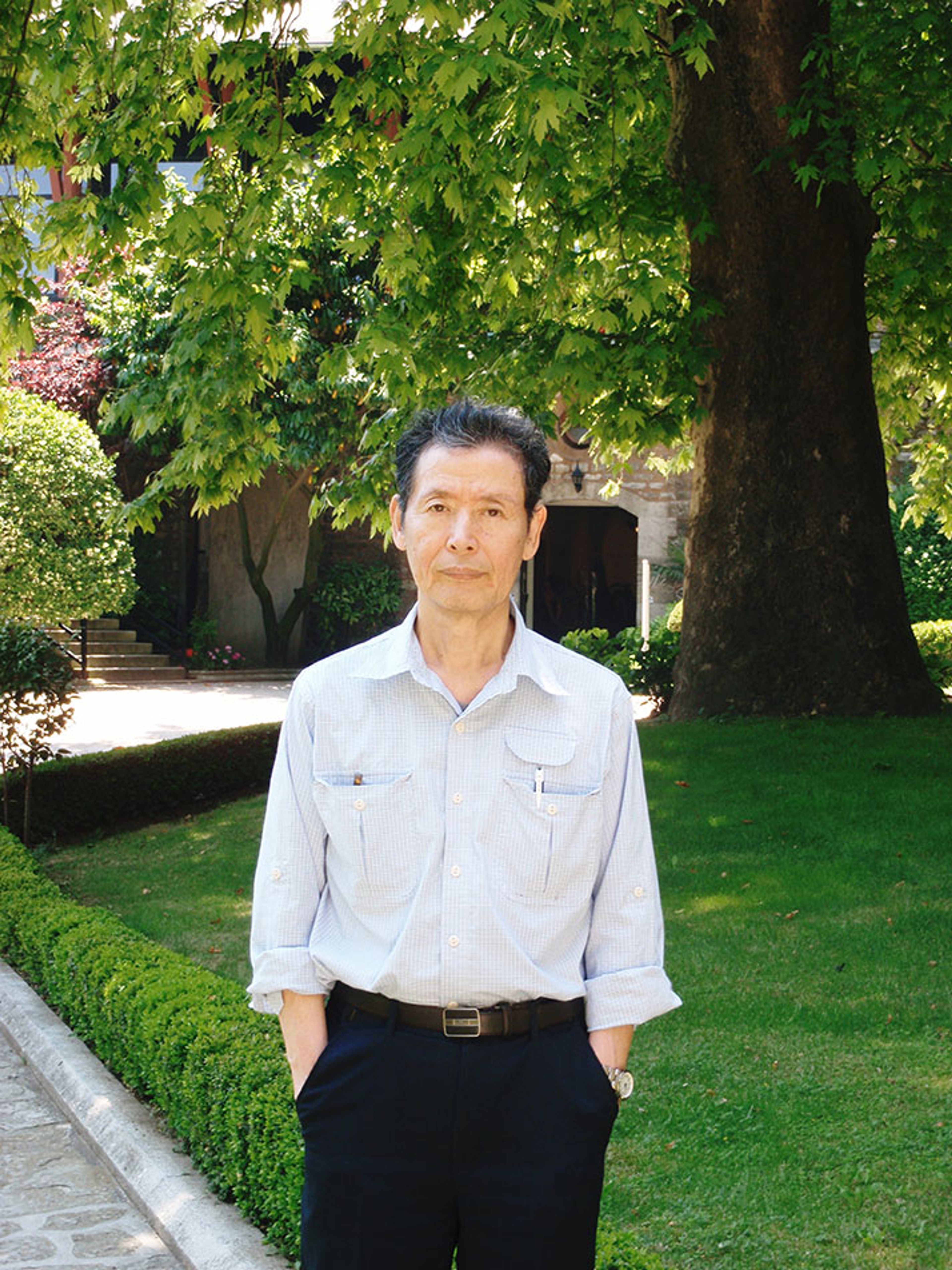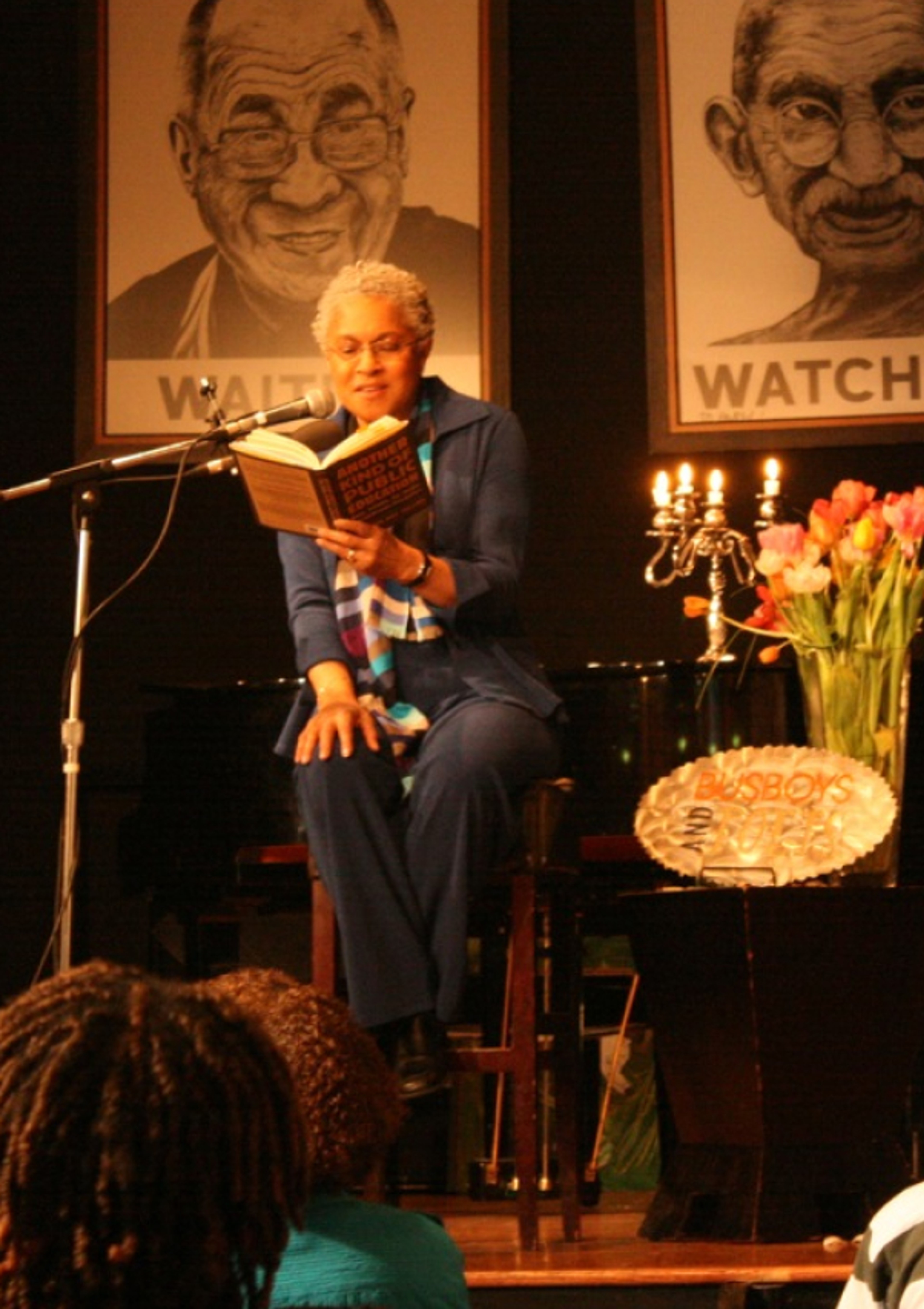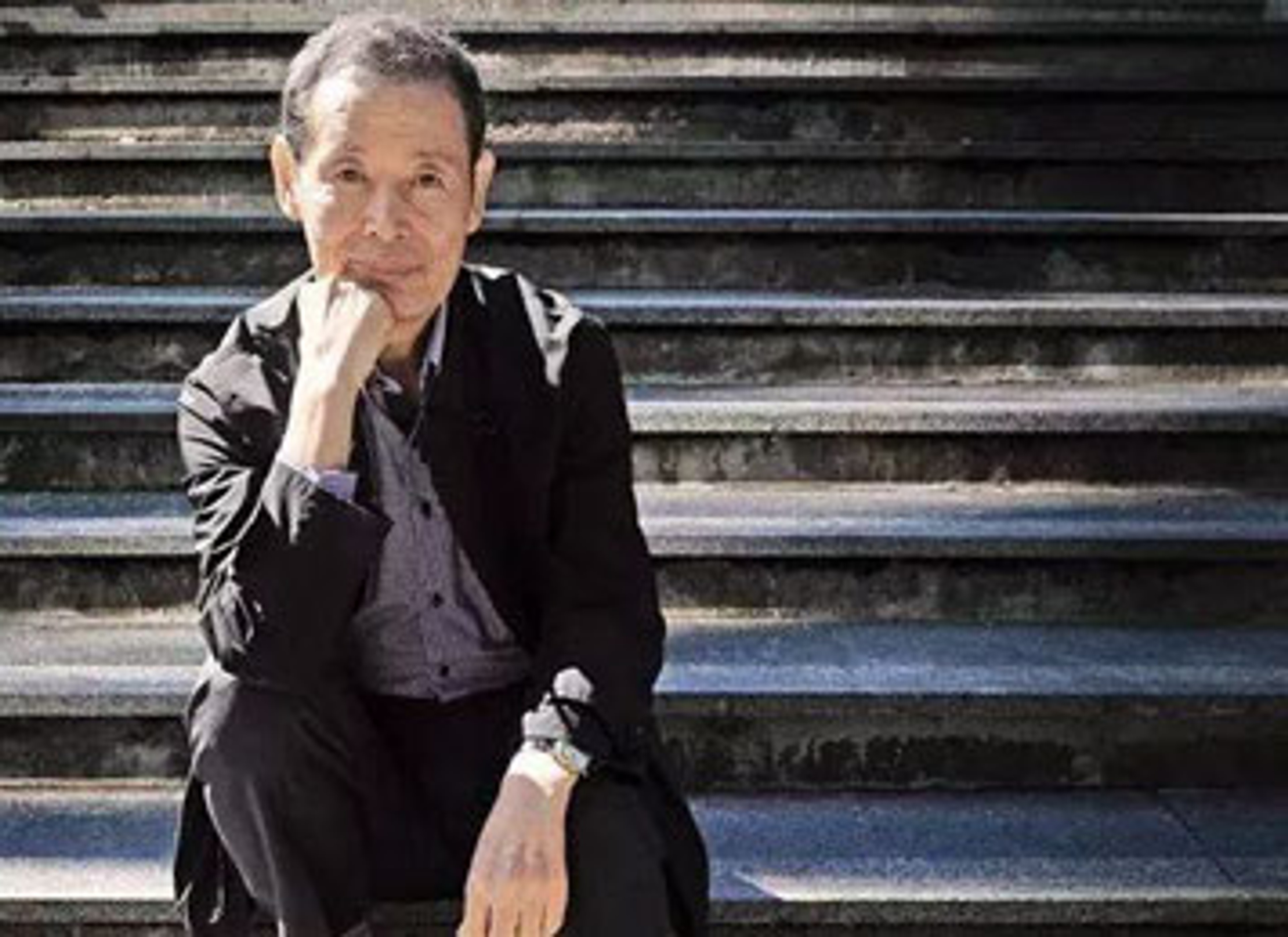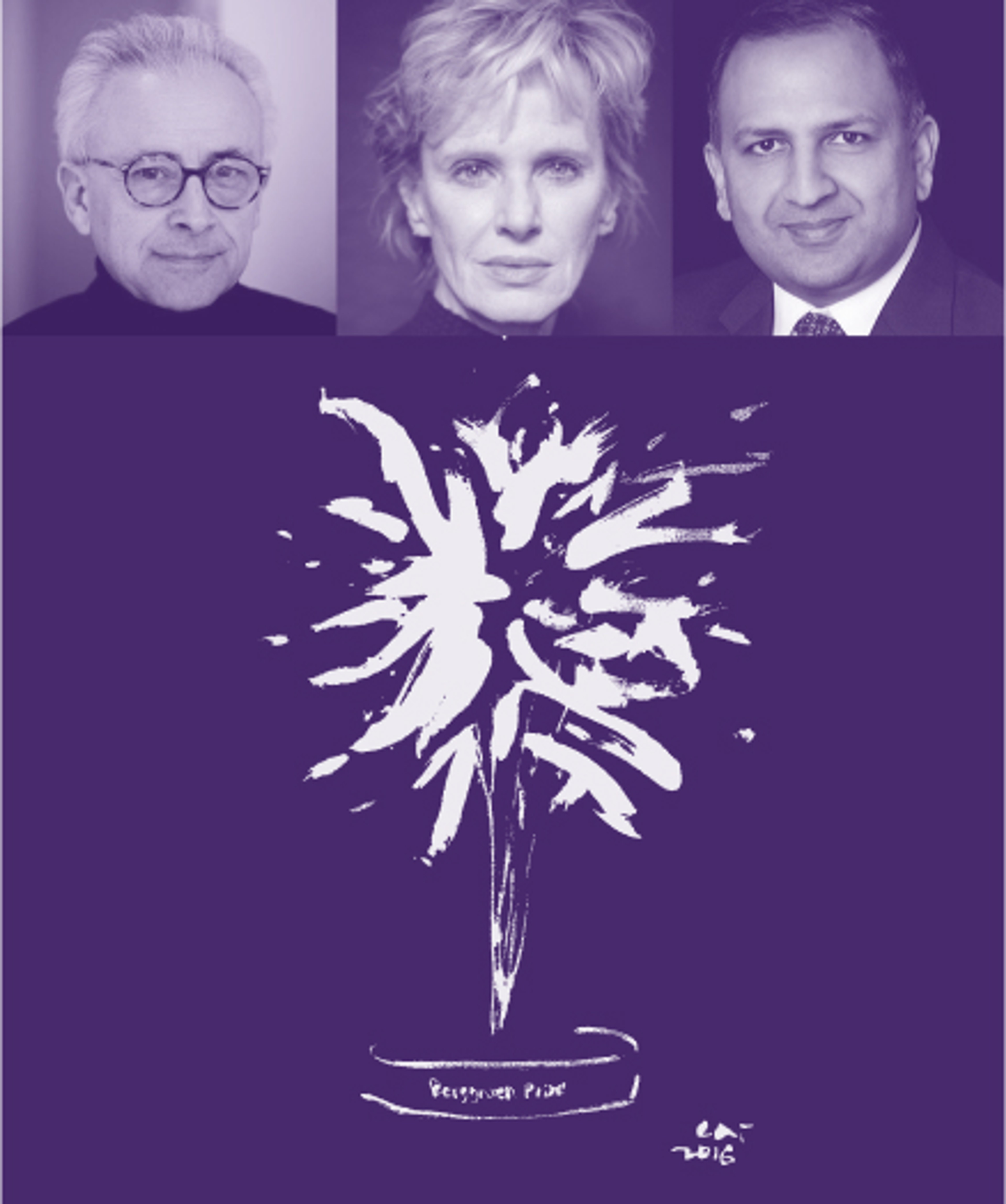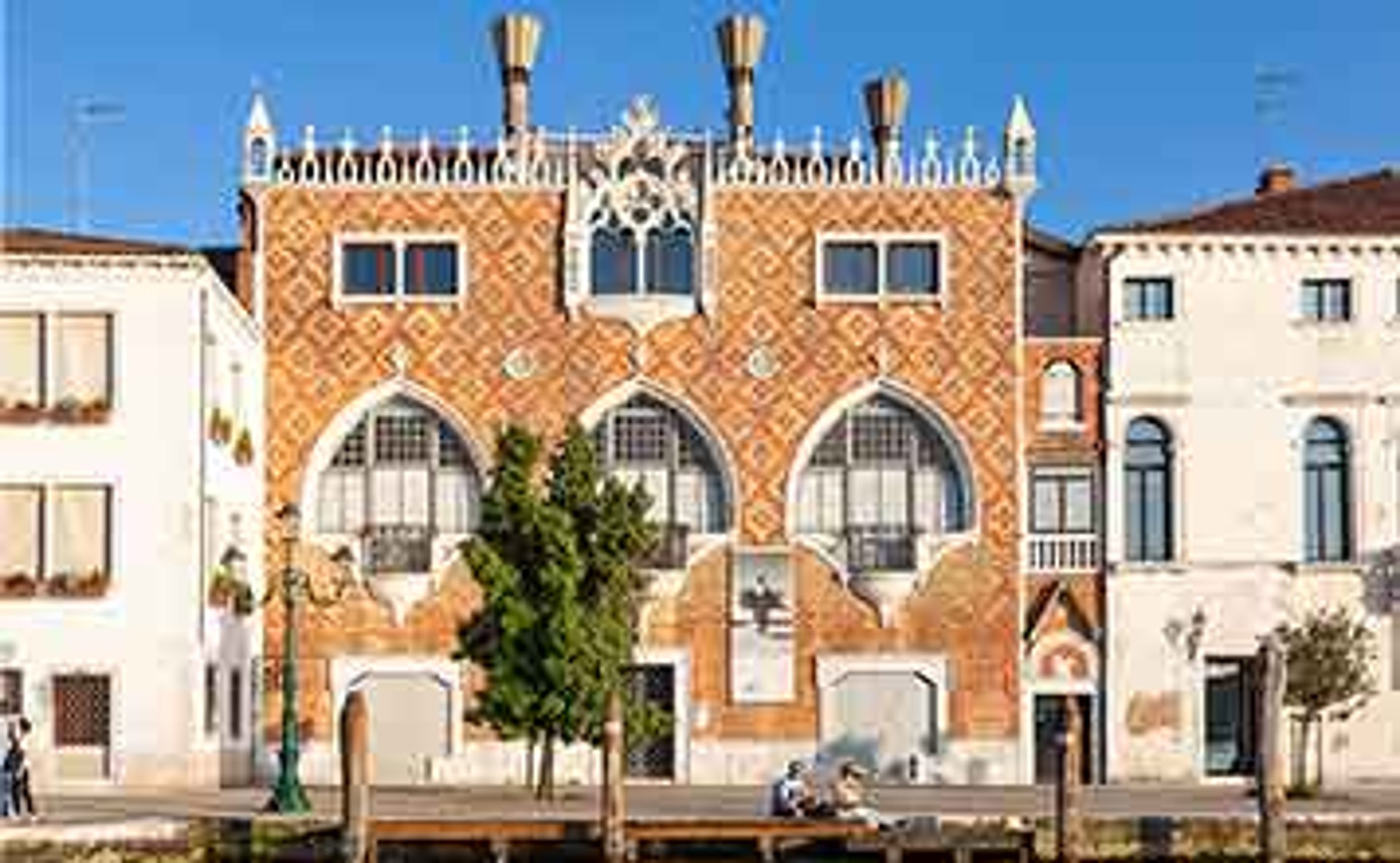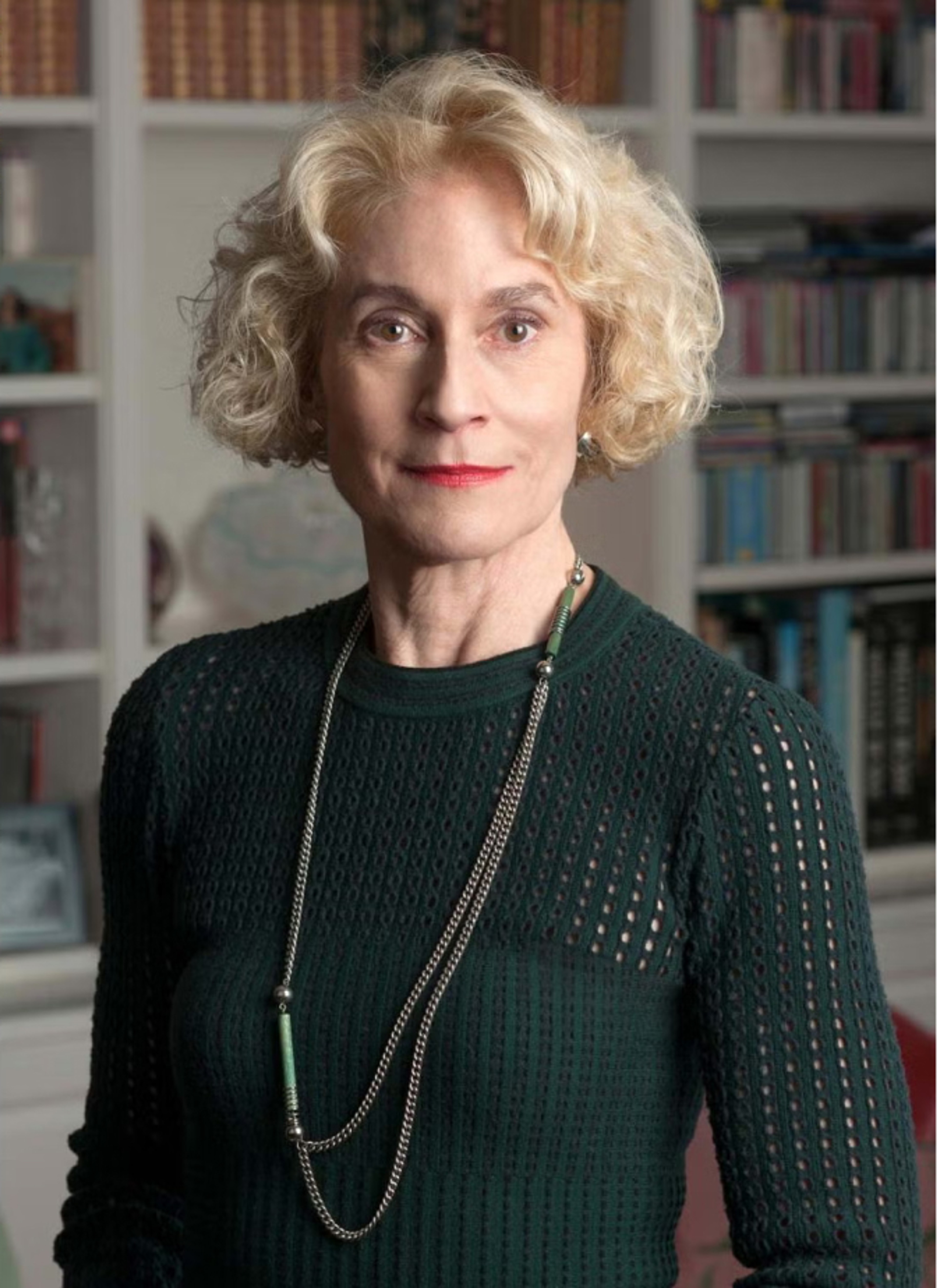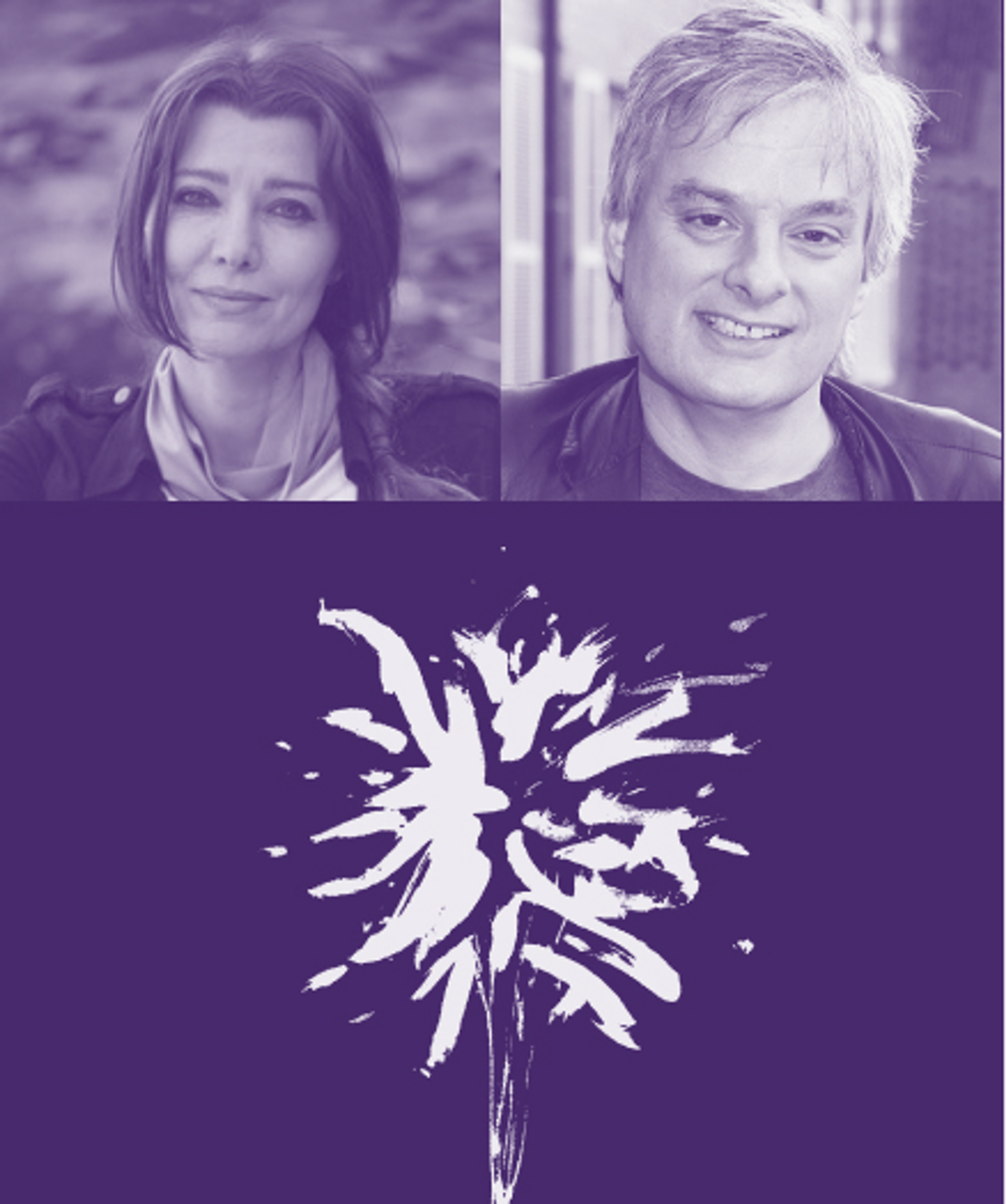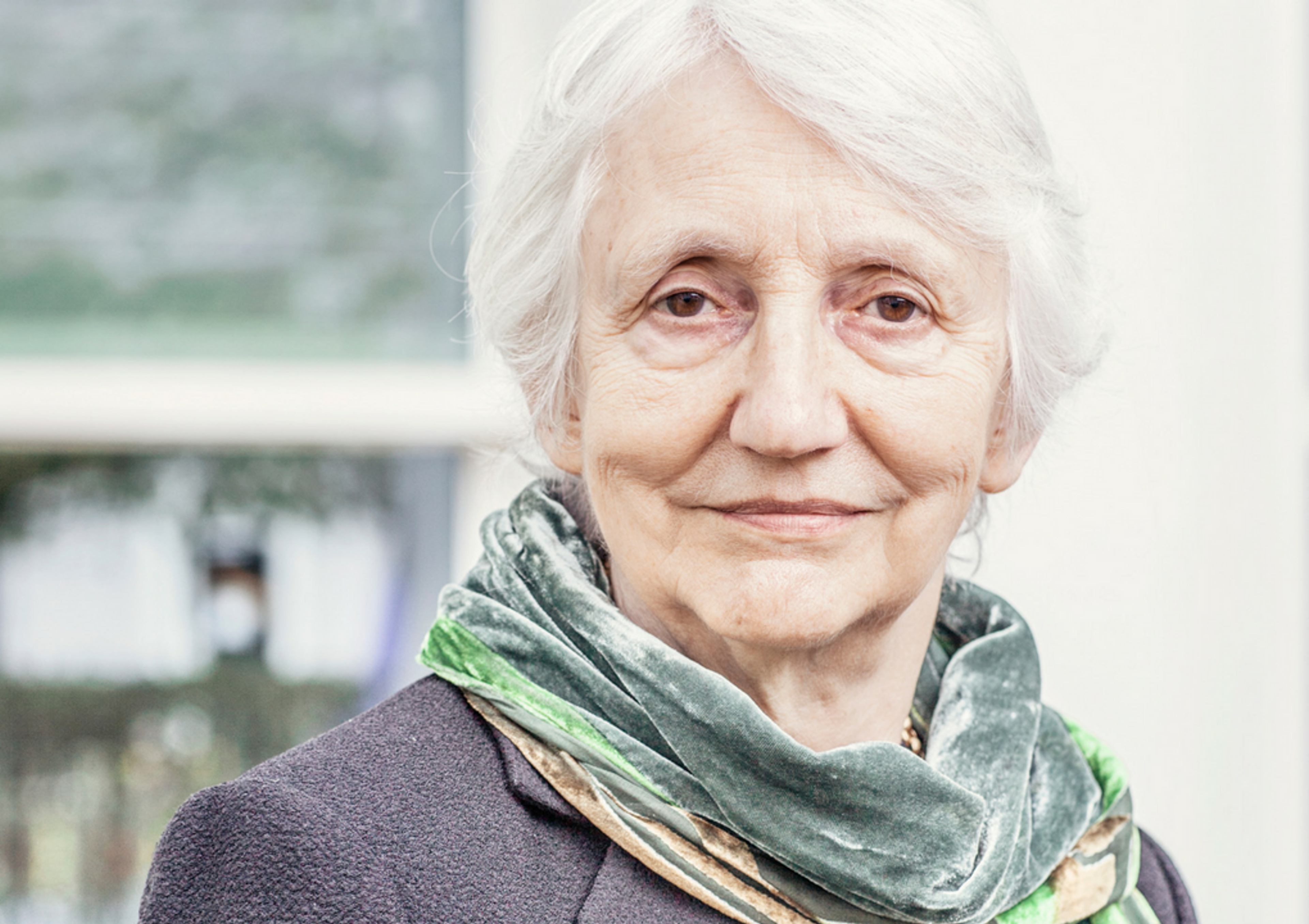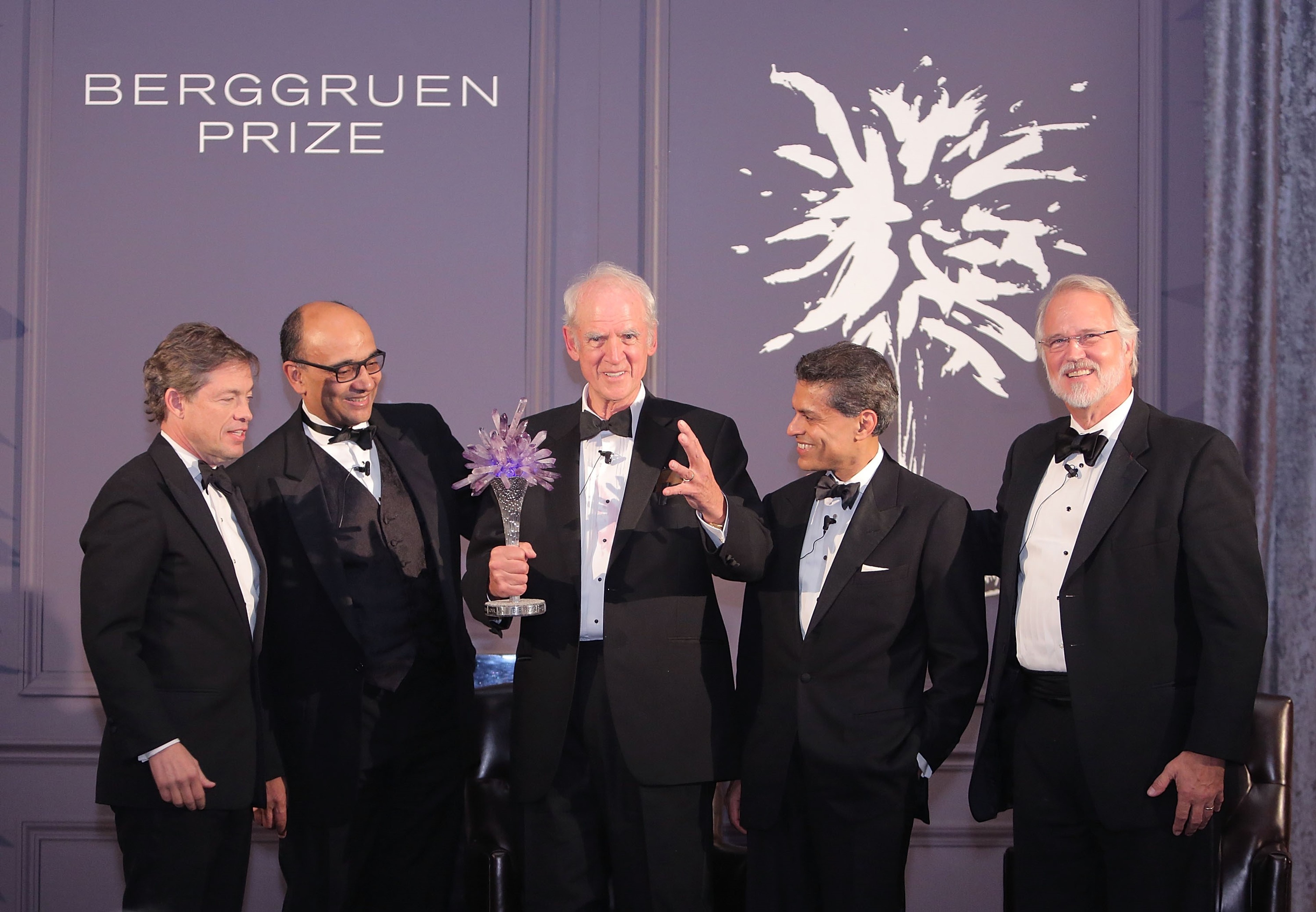Annual Berggruen Prize for Philosophy & Culture Awarded to Japanese Philosopher Kojin Karatani
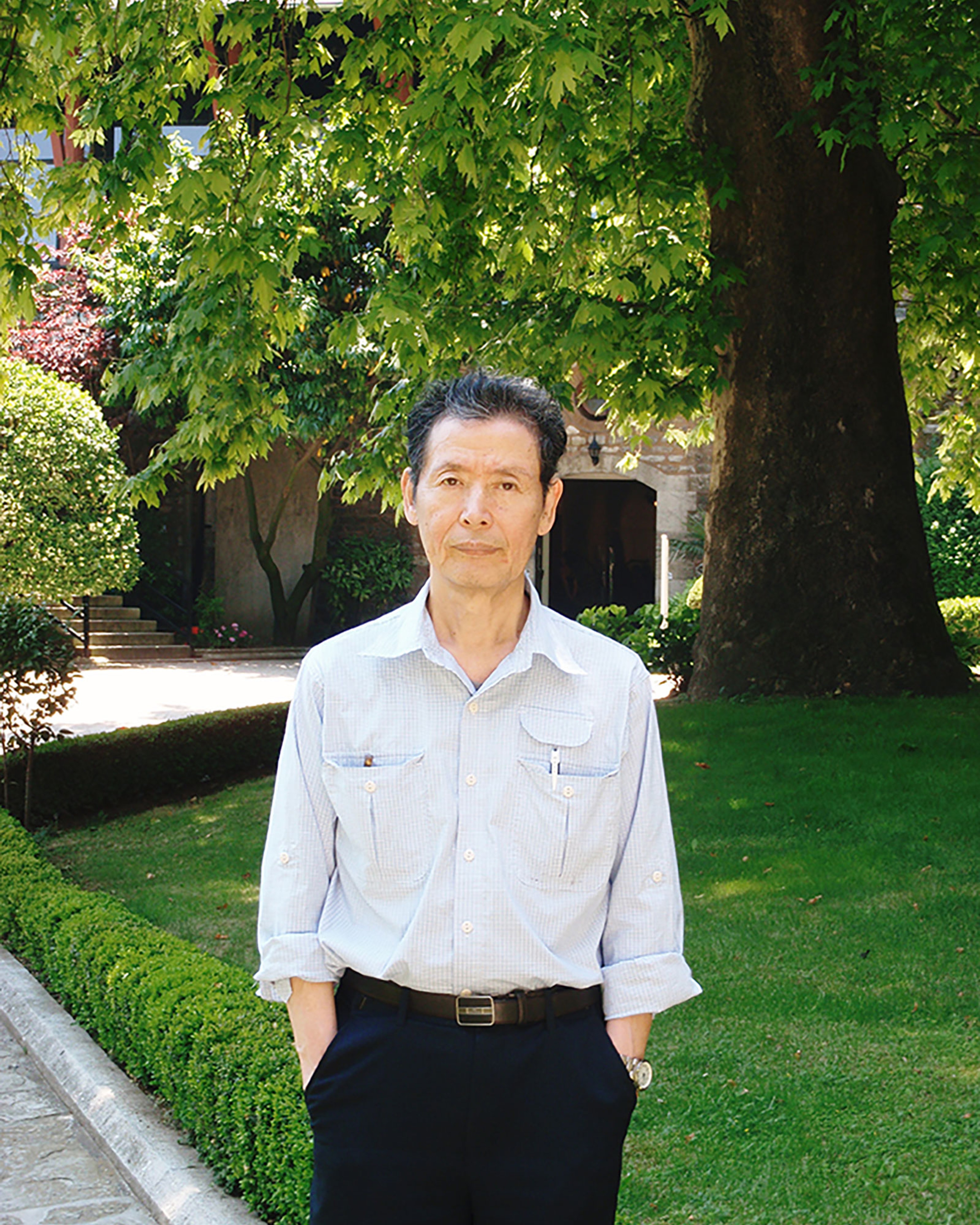
Today, the Berggruen Prize Jury announced its selection of preeminent Japanese philosopher and literary critic Kojin Karatani as the winner of the 2022 Berggruen Prize for Philosophy & Culture. The $1 million award is given annually to thinkers whose ideas have profoundly shaped human self-understanding and advancement in a rapidly changing world. Karatani is the first Asian laureate of the Berggruen Philosophy & Culture Prize, a rare thinker whose ideas move across philosophy, literary theory, aesthetics, linguistics, economics, and politics—East and West; past and present. The Berggruen Prize Jury has selected Kojin Karatani for his “radically original contributions to modern philosophy, the history of philosophy, and political thinking—making Karatani’s work particularly valuable in the current era of troubled global capitalism, crisis in democratic states, and resurgent but seldom self-critical nationalism.”
Not an arm-chair philosopher, Kojin Karatani has actively promoted a modern form of the kind of reciprocity he saw in ancient Ionian culture, which he calls ‘associationism.'
“Kojin Karatani is one of the most remarkable philosophers of our time. He has produced new philosophical concepts that delve into the nature of democracy, nationalism, and capitalism in an impressive ensemble where the notions of reciprocity and fairness loom large as the unifying links,” said Berggruen Jury Prize Chair Antonio Damasio. “We are pleased to honour and herald the pathbreaking work of Kojin Karatani as someone whose ideas have helped us find direction, wisdom, and improved self-understanding in a world being rapidly transformed by profound social, political, cultural, and economic change.”
Initially famed for his studies of literature and aesthetics, Karatani went on to produce strikingly original work in political economy and the history of philosophy—combining literary, philosophical, political, and economic concerns in a heterodox exploration of the connections of language and number to money and aesthetics, for example, and to the simultaneously development of imperialist, capitalist, and philosophical systems. In 2003, Karatani published Transcritique: On Kant and Marx, which gained widespread recognition for his transcritical readings of both thinkers in a re-telling of Immanuel Kant and Karl Marx. His account of Isonomia and the Origins of Philosophy, published in 2017, was an influential decentering of Athens as the sole source of both philosophy and democracy, with an emphasis on Ionian thought and on the implications of a different form of society. He is a prolific author of works including the recently published Powers and Modes of Exchange (2022), which is a sequel to The Structure of World History: From Modes of Production to Modes of Exchange (2014), as well as Marx, Towards the Center of Possibility (2020), Nation and Aesthetics Kant and Freud (2017), History and Repetition (2011), Transcritique Kant and Marx (2003), Architecture as Metaphor; Language, Number, Money (1995), and Origins of Modern Japanese Literature (1980).
Not surprisingly, Karatani’s work became influential across Asia before it was well-known in the West—shaping ways in which Asian scholars took up the challenge of analyzing their national cultures critically whilst developing responses to capitalism, the nation state, and international relations. A local or regional response which, in time, would prove universally applicable.
Karatani’s academic studies all complement deep political engagements and his prior experience working as a journal editor supporting and being informed by a wider intellectual movement of creative, critical scholarship. Perhaps most importantly, he was a key founder of the New Associationist Movement to articulate alternatives to both the neoliberal notion of the inevitability of capitalism and the conventional Left and Right notions that only statism and nationalism could oppose it. In The Structure of World History: From Modes of Production to Modes of Exchange, Karatani both engaged Marxist theory and broke with its orthodoxy, rethinking the historically practiced and possible modes of exchange and arguing for the potential of a global organization of reciprocity rather than either exploitation or plunder.
Kojin Karatani was born in 1941 in Amagasaki, Japan, a city located between Osaka and Kobe. He was educated at Tokyo University, where he received both a B.A. in economics and an M.A. in English literature. While teaching at Hosei University in Tokyo in 1969, Karatani worked actively as a literary critic, and was awarded the Gunzo Literary Prize for his essay on Natsume Soseki. He later taught Japanese literature as a visiting professor at Yale University where he began working on formalism. From 1990-2004, he taught regularly at Columbia University as a visiting professor for comparative literature, and he was also a professor at Kinki University and University of California Los Angeles.
“Karatani’s reading of Marx flips the idea that the economic mode of production is the ‘substructure’ that determines all else and postulates instead that it is the ever-shifting ‘mode of exchange’ among capital, the state and nation which together shapes a society. Not an arm-chair philosopher, Kojin Karatani has actively promoted a modern form of the kind of reciprocity he saw in ancient Ionian culture, which he calls ‘associationism,’” said Berggruen Institute Chairman Nicolas Berggruen. “In practical terms in Japan, this has meant a call for the activation of civil society, such as through citizens’ assemblies, which would exercise democracy from the bottom up and outside of elected government. In the wake of the Fukushima nuclear accident, Karatani famously called for ‘a society where people can demonstrate’ that would expand the space of civil society and constrain the power of the state, bureaucratic, and corporate establishment. I am pleased that the Prize Jury has chosen such an original mind—someone whose contributions, straddling both East and West, have pioneered new philosophical concepts and generative political thinking.”
Kojin Karatani was selected from hundreds of nominees, including some of the world’s most renowned thinkers in the fields of philosophy, social science, economics, human rights and global justice, theoretical physics, and beyond. As the seventh winner, he joins a prestigious group of Berggruen Prize laureates, including Peter Singer (2021), Paul Farmer (2020), Ruth Bader Ginsburg (2019), Martha Nussbaum (2018), Onora O’Neill (2017), and Charles Taylor (2016).
Karatani will receive the Berggruen Prize for Philosophy & Culture in Spring 2023 in a celebration to be held in Tokyo, Japan. At the event, Kojin Karatani will be interviewed on stage by BBC World Service for a special radio programme exploring his work and ideas to be broadcast globally.
# # #
About the Berggruen Prize for Philosophy & Culture
Established by philanthropist Nicolas Berggruen in 2016, the Berggruen Prize for Philosophy & Culture was first awarded to Canadian philosopher Charles Taylor for his impact on the humanities, social sciences, and public affairs in deepening understanding among different intellectual traditions and civilization. Baroness O’Neill of Bengarve was the 2017 Berggruen Prize laureate for her work as a citizen philosopher who has elevated the quality of public life and improved the very vocabulary of public discourse. In 2018, public and moral philosopher Martha C. Nussbaum received the award for her framework for thinking about human capabilities, and exploring vulnerability, fear, and anger in moral and political life. In 2019, Former Associate Justice Ginsburg was recognized for her life’s work in pioneering gender equality and strengthening the rule of law. During a year marked by the global pandemic, 2020, the Prize was awarded to Paul Farmer for his work advancing global public health equity. In 2021, utilitarian philosopher Peter Singer received the Prize for his ethical framework for animal rights, effective altruism, and the global eradication of poverty.
This year’s Berggruen Prize Jury, headed by Antonio Damasio, is an international group of authors and thinkers including Kwame Anthony Appiah, Yuk Hui, Elif Shafak, David Chalmers, Siri Hustvedt, Pratap Bhanu Mehta, and Wang Hui. The winner of the 2022 Berggruen Prize emerged from a list of finalists from diverse fields of research. The Berggruen Institute administers the Prize and welcomes nominations of thinkers whose ideas have both intellectual depth and long-term social and practical value across nations and cultures.
